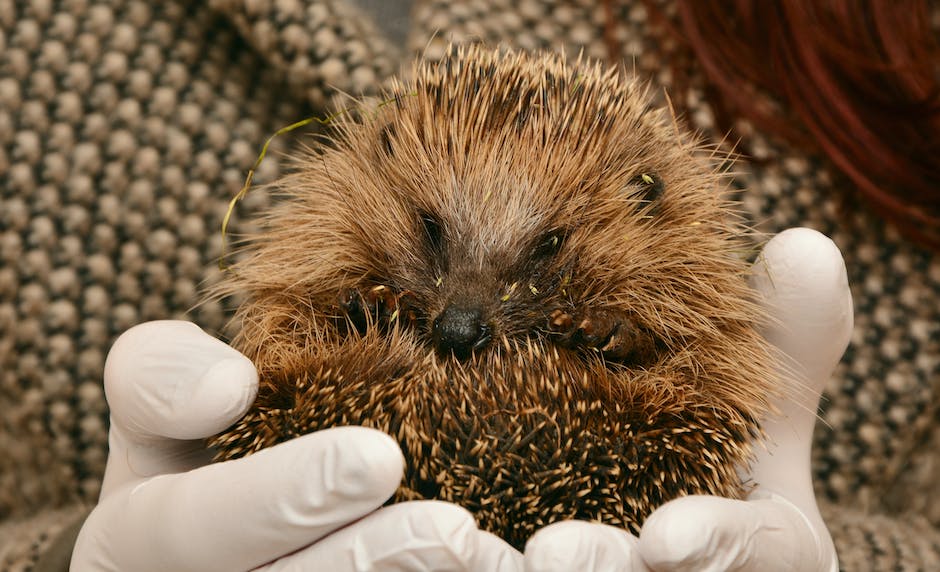Introducing Ticks
Ticks are eight-legged, blood-sucking parasites that feed on the blood of mammals and birds. They hang out in wooded and grassy areas and are active during the warmer months. Though they may pose potential danger to humans, they are integral in the food web, providing a crucial food source for other animals. But what happens to them when the temperatures drop in the winter? Let’s explore what ticks do in the winter months.
Do Ticks Hibernate In Winter?
Though ticks who rely on cold-blooded hosts like lizards and snakes hibernate in the winter months, for ticks who rely on warm-blooded hosts like humans and deer, hibernation is not an option. Some ticks slow their activities in the winter and enter a state of dormancy. Adult female ticks will feed and mate, while adult males and larvae simply find a spot to rest until the warmer seasons resume.
Ticks Seeking Shelter in Winter
Ticks require a humid environment to survive and will look for ways to keep moist during winter. Adult female ticks may find a sheltered area, like a log or leaf litter, to rest and wait until the weather warms. Larvae and nymphs may hide out on the fur of small rodents, like mice or squirrels, or may stay in the leaf litter before heading out on their own.
Ticks Hungry for Blood in Winter
Though hibernation is not really an option for ticks, some have found that they can survive in winter by staying indoors. Many ticks will find new homes in walls and other areas of warmth, and wait until there is an opportunity for them to feed. Therefore, when temperatures warm up, there is a potential increase in tick-borne diseases due to ticks that are already established and waiting for their next meal.
Tick-Borne Diseases in Winter
Due to ticks’ ability to stay warm and wait for months until their next meal, there is potential of tick-borne disease transmission in winter. Therefore, it is important to be aware of the potential danger posed by ticks in the warmer seasons, and to be vigilant in protecting yourself against tick-borne illness.
People Also Ask About Ticks in Winter
Can ticks survive in extreme cold?
Ticks have difficulty surviving in extreme cold. In the winter months, adults and larvae slow their activity and may enter a state of dormancy until the temperatures warm again.
Can ticks stay on clothes?
Yes, ticks can stay on clothing. They will stay in tight spaces and on fabrics that keep them warm and dry until they find a host to feed from.
Do ticks carry disease in winter?
Ticks may carry disease in winter, depending on the type of germ they carry. It is important to be vigilant in protecting yourself against tick-borne illness year-round.
Do ticks live in homes?
Yes, ticks may find their way indoors and stay in walls or other warm areas until their next opportunity for a meal.
Can ticks die in winter?
Yes, ticks can die in the winter, particularly if temperatures drop too low or the environment becomes too dry.
Final Words
Though ticks rely on a warm climate, they can survive and even thrive in the winter months by finding a warm sheltered area and waiting for their next meal. It is important to be aware of the potential danger of tick-borne disease in winter and to take precautions to protect yourself year-round.

